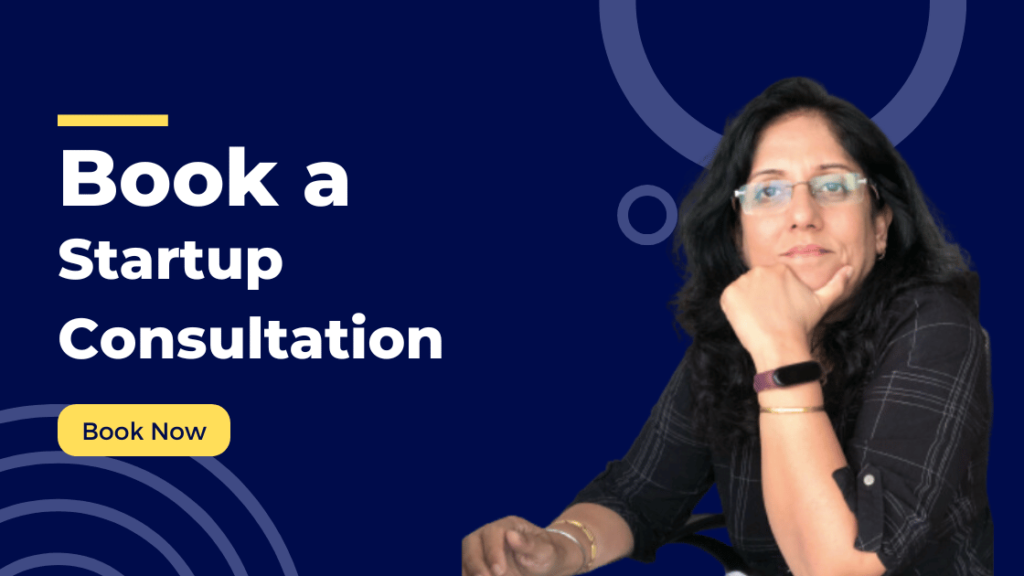When we talk about starting a business, especially as women, the dominant narrative is loud and clear:
Go all in. Burn the boats. If you’re not risking everything, you’re not serious.
But here’s the quiet truth most of us live every day:
We’re already “all in” somewhere else.
All in on caregiving. All in on careers. All in on relationships, mental load, invisible responsibilities. And yes — even on ourselves, when we finally get a second.
So when we say we want to start something of our own — a business, a side hustle, a creative idea — we’re not afraid of the work.
We’re afraid of what we might have to give up.
But what if starting didn’t have to mean sacrificing everything?
What if there was a way to start with your life — not in spite of it?
Part 1: Why the All-Or-Nothing Startup Narrative Fails Women
Mainstream startup culture has glamorized the founder who sleeps under her desk, misses family dinners, and treats burnout like a badge of honor.
But this narrative was never built for women navigating multiple roles.
Let’s be real:
-
Not everyone can afford to quit their job.
-
Not everyone wants to uproot their family.
-
Not everyone is willing to trade their mental health for a business milestone.
And frankly, why should we?
You shouldn’t have to choose between starting and stability.
The “burn the boats” mentality makes one thing clear: it’s not you that’s lacking. It’s the model.
Part 2: Starting Gently Isn’t Weak — It’s Strategic
There’s nothing small about starting slow.
It’s clarity in action. It’s respecting the life you’ve already built. And it’s building something new with intention.
Here’s what gentle starting can look like:
-
10 hours a week instead of 80
-
An MVP instead of a full product launch
-
Validating one offer instead of planning an empire
-
Asking for help instead of doing everything yourself
This isn’t about lowering the bar. It’s about creating a version of success that’s yours.
Because here’s the deal — a business that respects your boundaries is one you’re far more likely to stick with.
Part 3: What Women Say When They Want to Start — But Don’t
In mentoring dozens of women, I’ve seen a pattern.
It’s not that women lack ideas or ambition. It’s that they feel like they need to be ready in a way that’s often unattainable.
They say:
-
“I’ll start when the kids are older.”
-
“Maybe once I have more savings.”
-
“I just don’t know enough yet.”
-
“I want to do it right — not halfway.”
These aren’t excuses. They’re fears masked as responsibility.
They’re valid concerns — but also, they can become lifelong delays.
And here’s what I always say:
You can start without everything being ready.
You just need to start something.
Part 4: Your Life Isn’t the Obstacle — It’s the Context
A business doesn’t live in a vacuum. It lives inside your life.
So instead of asking “How can I get my life out of the way?” ask:
How can I build around my life instead of against it?
Some reframes:
-
“I don’t have time” → “What can I test in 30 minutes a day?”
-
“I need funding” → “What can I do with ₹0 and one real offer?”
-
“I don’t know where to begin” → “What’s one thing I can try this week?”
The idea isn’t to minimize the challenges — it’s to right-size your ambition for the season of life you’re in.
Not shrink it. Shape it.
Part 5: How I Designed My Own Start That Way
When I started writing Before You Begin, it wasn’t during a “perfect time.”
I was juggling consulting clients, mentoring founders, and building a business of my own. There were days I barely had an hour to think clearly — let alone write a book.
But I wasn’t waiting for a sabbatical.
I wrote it between meetings.
Between self-doubt and second drafts.
Between “I should just pause this” and “No, this matters.”
That’s why the book isn’t about some idealized startup blueprint.
It’s a guide for women who are tired of waiting for perfect, and want to start something — even if it’s messy.
Because the only thing worse than failing?
Is never starting.
Part 6: Practical Ways to Start Without Overhauling Your Life
Here are some ways you can begin — now — without throwing everything else out the window:
1. Use the 7-Day Validation Test
Instead of spending months planning, take a week to test your idea in small ways. (You’ll find this framework in Chapter 6 of the book.)
2. Build a Life-First Filter
Ask yourself 3 questions:
-
Does this business idea drain or energize me?
-
Will it require sacrifices I’m not willing to make?
-
Can I do this consistently with the life I have now?
(That’s Chapter 3 — a must-read if you’re trying to “balance it all.”)
3. Start With a Micro-Offer
Don’t start with a business plan. Start with something tiny:
-
A paid workshop
-
A 1-hour consultation
-
A WhatsApp group for early interest
Validate interest before you build infrastructure.
4. Redefine “Growth”
Growth doesn’t have to mean scale. It can mean:
-
Going deeper with fewer clients
-
Adding flexibility to your week
-
Finally hitting consistency in your income
Conclusion: Starting Smart Is Still Starting
You don’t need to blow up your life to build something meaningful.
You don’t need to move to a new city, hire a team, or become a different person.
You can start right here — as you are.
Because starting gently, strategically, and in harmony with your life?
That’s not playing small.
That’s playing smart.
📘 Before You Begin is for women who want to build a business without burning out.
It’s available now on Amazon.
📘 Ready to Begin?
Before You Begin is more than a book.
It’s a gentle nudge, a solid framework, and a friend in your corner.
If you know a woman who’s been dreaming in silence… share this.
And if that woman is you?
You don’t need clarity.
You just need motion.
Looking for Strategic Mentorship?
I’ve mentored dozens of startups, helping them avoid costly mistakes, scale sustainably, and navigate complex challenges.
If you’re ready to leverage strategic mentorship as a competitive advantage, book a free 30-minute consultation:
👉 https://links.thegreycells.com/BookAppointment
Success isn’t just about hard work. It’s about who’s guiding you.

With over two decades of experience in the software technology arena, having worked in multinational and SME companies in India, USA and Singapore in the capacity of programmer to CTO – I felt now was a good time to give back to the world what I have learnt in this journey. Even if it ends up benefitting a few of my readers by giving them insight or solving a technical issue, I think I will have achieved my mission!




